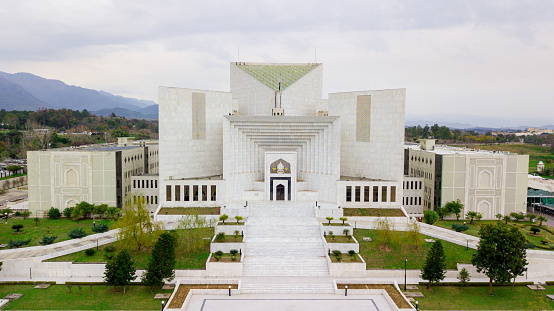Pakistan’s Supreme Court has finally ruled on a long-standing case regarding the trial
of individuals implicated in crimes committed during the martial law era under General Zia-ul-Haq following the 1977 coup. This ruling has brought renewed attention to the atrocities and human rights violations that occurred during Zia-ul-Haq’s regime.
The case before the Supreme Court involved several key
, including the legality of the martial law rsuesegime, the validity of the trials conducted during that time, and the accountability of those responsible for human rights abuses. The court’s decision has been eagerly awaited by many in Pakistan who have been seeking justice for the victims of Zia-ul-Haq’s regime.
In its ruling, the Supreme Court declared that the martial law regime led by General Zia-ul-Haq was unconstitutional and illegal. The court also held that the trials conducted during that time, including those of political opponents and dissidents, were null and void. This ruling has been seen as a significant step towards addressing the injustices of the past and holding those responsible for human rights abuses accountable.
The case has drawn parallels with the landmark judgment in the case of Asma Jilani v. Government of the Punjab, where the Supreme Court of Pakistan asserted its authority to review the actions of the martial law regime and declared them to be illegal. The court’s decision in the current case reaffirms its commitment to upholding the rule of law and ensuring accountability for past abuses.

The ruling has also sparked a renewed debate in Pakistan about the legacy of General Zia-ul-Haq and the impact of his regime on the country’s political and social fabric. Many have called for a more comprehensive reckoning with the past, including a full investigation into the human rights violations that occurred during that time.
Overall, Pakistan’s Supreme Court’s ruling on the martial law-era trial has brought renewed attention to a dark chapter in the country’s history and has underscored the importance of accountability and justice in ensuring a democratic and rights-respecting society.









